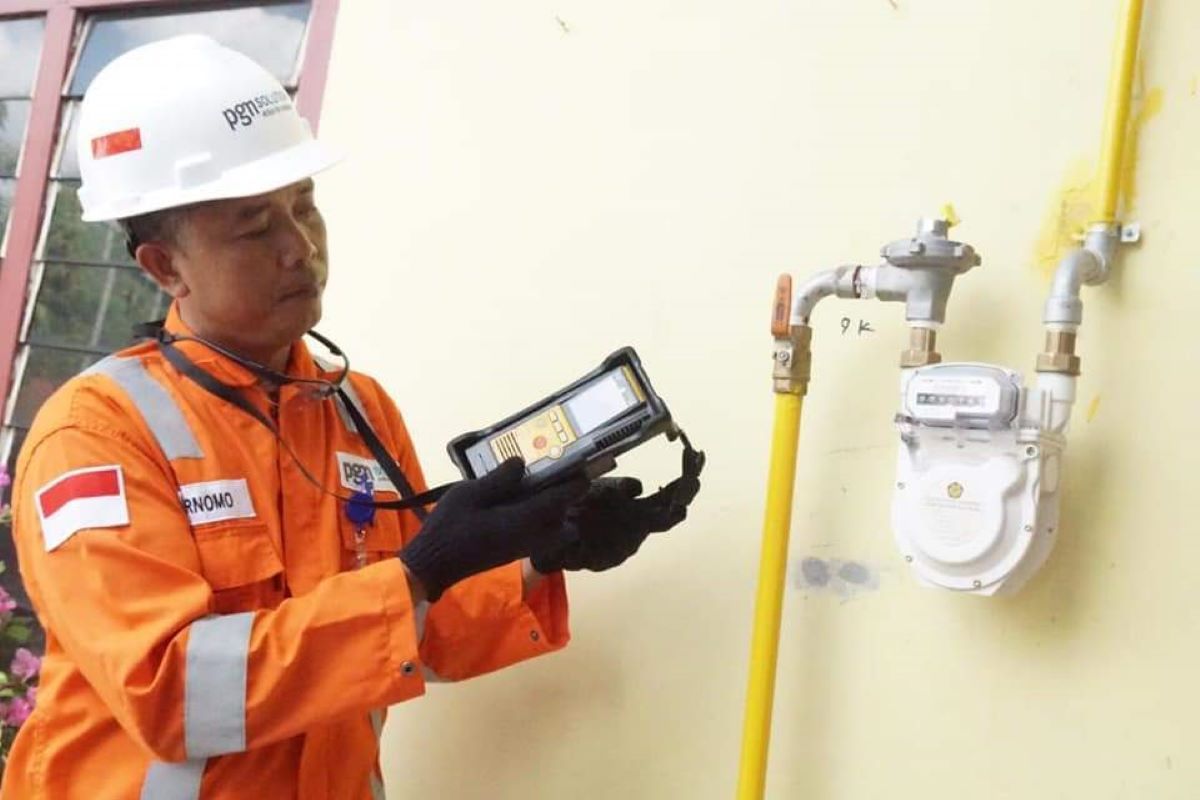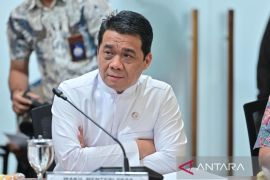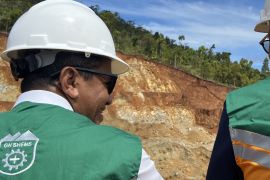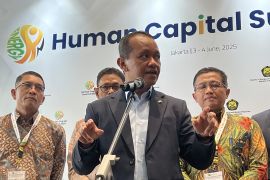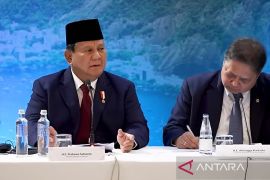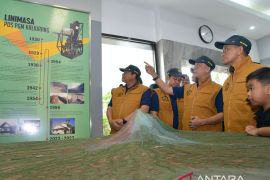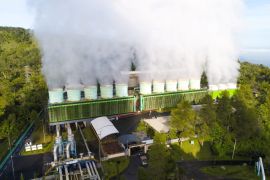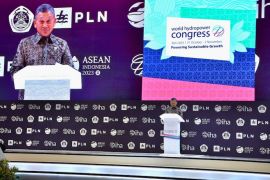"We need to build infrastructure, including urban gas networks, in order to accommodate additional supply of gas and ensure sufficient supply for domestic demand," he noted in a statement received from the ESDM Ministry in Jakarta on Wednesday.
He pressed for immediate completion of the development phase II of the natural gas infrastructure covering Cirebon and Semarang on Java Island while pushing stakeholders to immediately commence the transmission pipe project covering Dumai and Sei Mangkei (Simalungun) on Sumatra Island.
"Construction for the Cirebon-Semarang gas transmission project should be complete by 2025. We also need to begin development of the transmission pipe stretching along Dumai and Sei Mangkei to anticipate an additional supply of gas produced by the Andaman Block," he stated.
Tasrif noted that development of the Dumai-Sei Mangkei pipe network would take several years to reach completion, adding that the project is crucial to accommodate additional supply from the Andaman Block, secure sufficient domestic supply, and solidify Indonesia's energy resilience.
The minister further stated that the development of natural gas infrastructure, especially gas networks, is instrumental for distributing gas to households.
"We are striving to develop transmission pipes to interconnect islands in the hopes of properly supplying gas to not only those living in major cities but also those residing in smaller ones," he pointed out.
Tasrif then emphasized that developing gas networks is an essential measure, as plenty of countries have been optimizing natural gas to support the people's needs for energy in households, hotels, and tourist attractions.
"Why do we have to make the most of our natural gas? Because we need to use our foreign exchange more efficiently, considering that we have been importing around 5-6 million tons of liquified petroleum gas annually," he noted.
In addition to saving Indonesia's foreign exchange, the government is building gas networks with the aim of providing a higher level of convenience for people in obtaining gas supply.
"People will no longer need to carry gas cylinders, as the existence of gas networks will enable them to acquire gas simply by opening gas faucets at their homes. This is exactly what we need to push for," Tasrif concluded.
Related news: Indonesia continues to reduce emissions in building, waste sectors
Related news: Govt to focus on building gas infrastructure in eastern Indonesia
Related news: PGN improving infrastructure, supply to support energy transition
Translator: Kelik D, Tegar Nurfitra
Editor: Azis Kurmala
Copyright © ANTARA 2024
